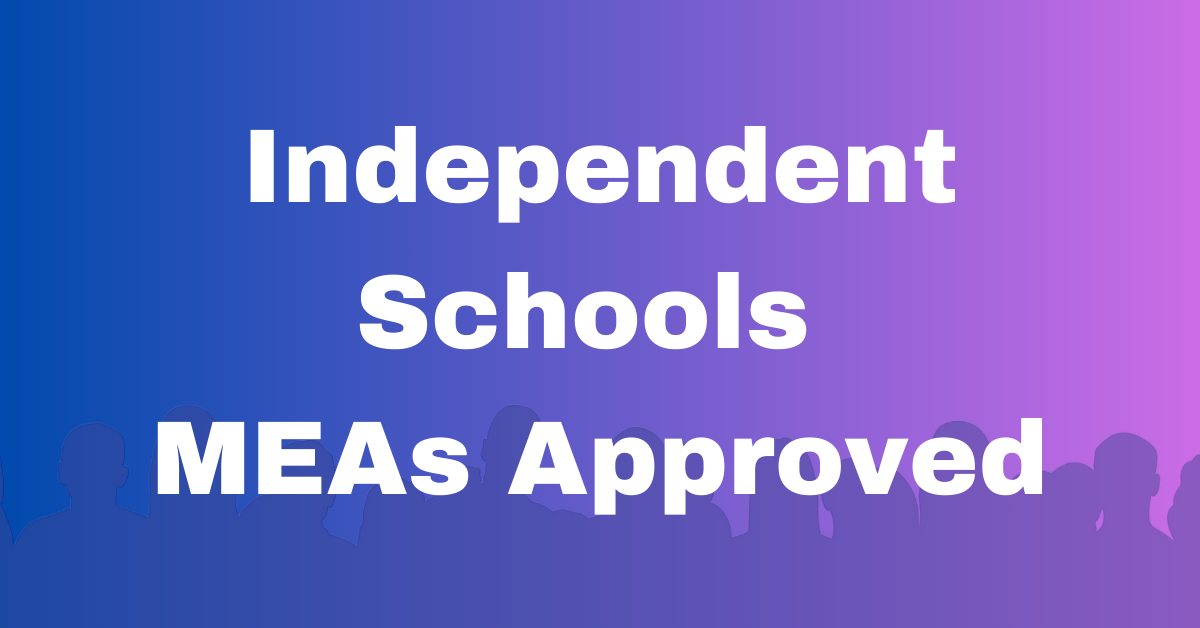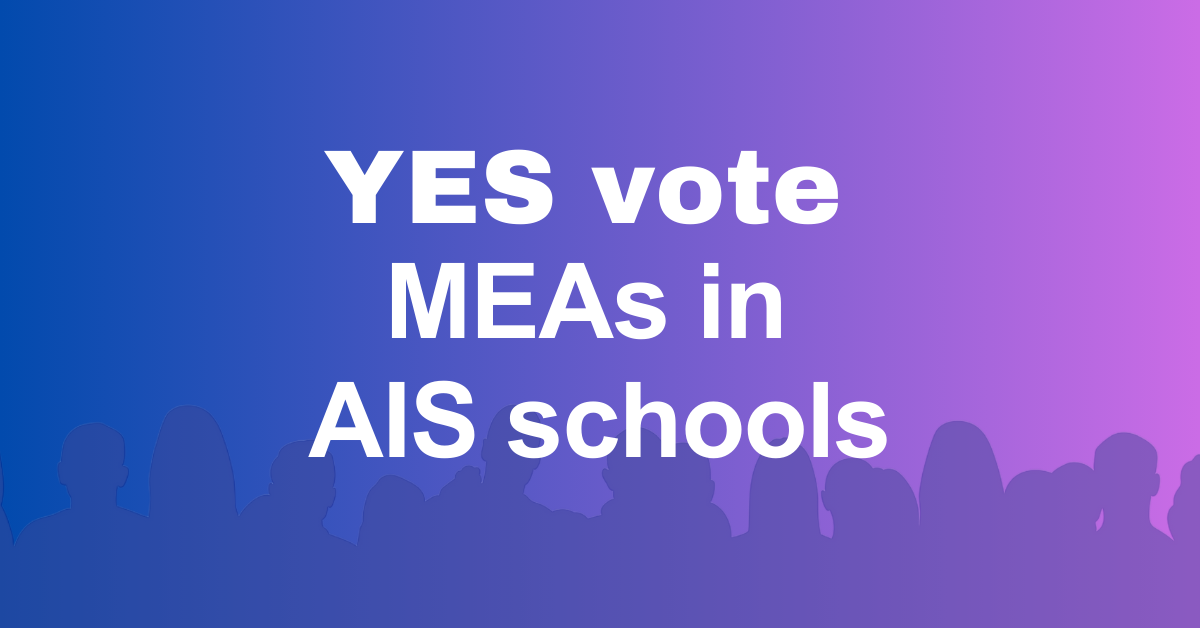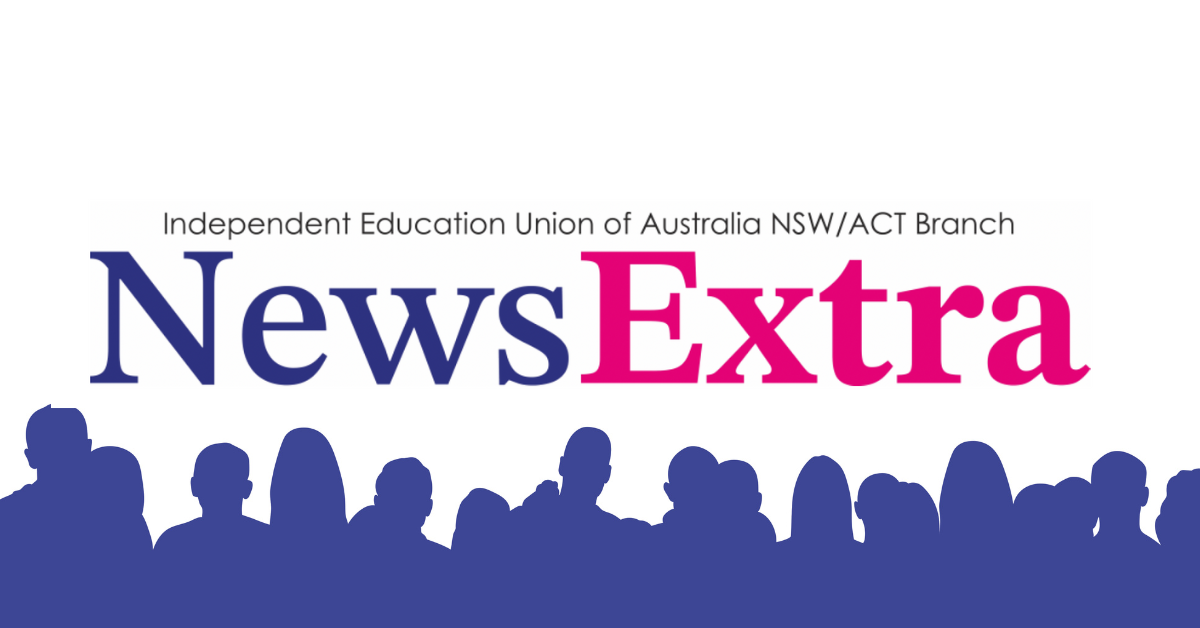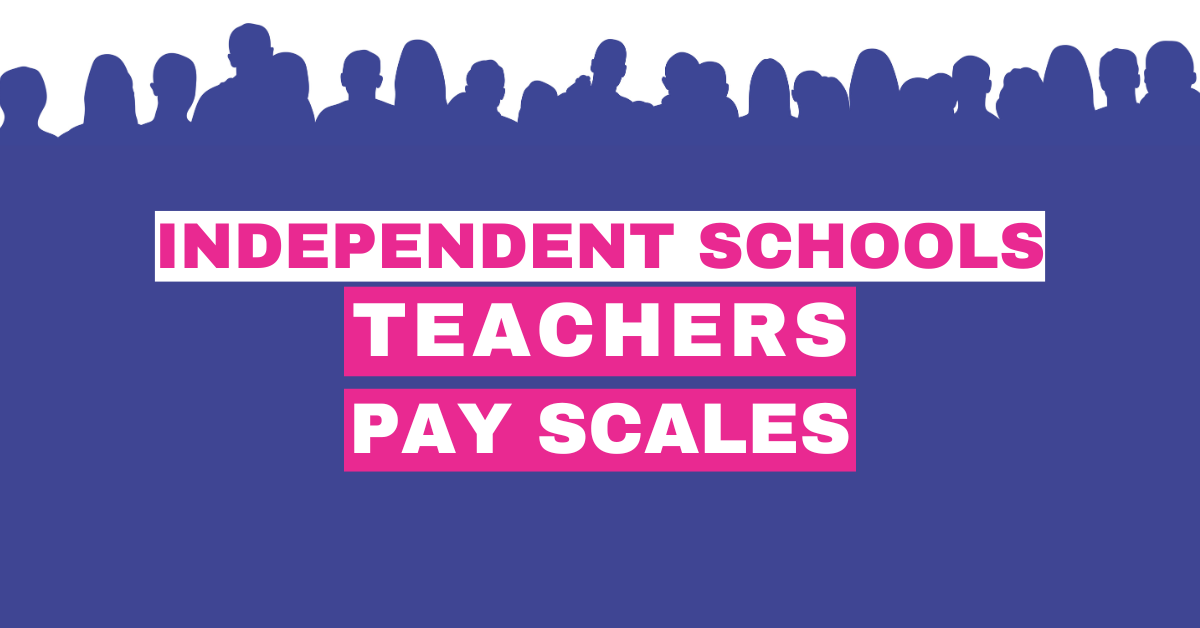Existing teachers are disadvantaged compared to new teachers
The proposed translocation scale means that teachers who are currently on Band 2 will be significantly disadvantaged compared to new teachers employed after the start of the proposed MEA at the same school (see translocation scales for NSW and the ACT).
For example, a teacher with 5 or more years full-time service on Band 2 (under the Standards model or Band 2 Step 13 on the Hybrid model) will move to Step 2.4. However, a new teacher at the same school in 2025, with the same service, will be classified at Step 2.5. This means that existing Band 2 teachers in NSW with experience will earn about $6000 less a year than a new teacher with the same service, and up to $5000 less than a teacher in a NSW government or Catholic school with the same experience. In the ACT, the difference between new and existing teachers is less, but still about $2,000 per annum.
School-based standards
The AIS still refuses to discuss improved transparency about the workload expectations in each school, despite you telling us this is a key issue.
The union has not sought common work practice agreements across schools. We have simply sought a commitment to transparency around key work expectations to ensure that teachers have a clear understanding of what is expected. Your work arrangements should not be a secret.
Why single interest bargaining (SIB)?
The union is seeking to switch bargaining streams from a cooperative MEA to a single interest MEA because we have been unable to reach a suitable resolution in the cooperative stream. A single interest agreement is not an agreement for each school.
This dispute is not about the bargaining stream, it’s about ensuring that the union has the capacity to achieve the best outcome for our members.
SIB gives us greater rights, including access to the Fair Work Commission, to assist us in reaching agreement.
But what about our pay increase? Will it be delayed?
There is no reason employers can’t choose to pay an increase on 1 February 2025. Threats to withhold pay and back pay are simply that.
But the AIS says it’s a good deal, why can’t we vote?
Remember, the Association of Independent Schools is an employer bargaining representative. It is their job to act in the interests of school boards, not teachers.
The IEU is the only employee representative in bargaining. It is our job to represent you.
We do not want you to vote on a substandard agreement that significantly disadvantages some teachers. The IEU has just received the revised draft Teachers MEA, and we are being asked by the AIS to agree to the draft by 7 November. As well as the problems mentioned above, the IEU is concerned that the translocation provisions don’t always work as intended. For teachers currently on the Hybrid Model, many of the promotions clauses are being deleted but there is no clear savings clause to say you can’t go backwards in pay. See translocation tables for NSW and the ACT
So, what can I do?
Join thousands of your colleagues and sign the IEU petition today.
And stay up to date on the campaign by visiting our campaign page.
Resources
- Sign the petition: Say YES to single interest bargaining for your school
- Say YES to single interest bargaining: campaign updates
- Why the union said no to the proposed CMEA
- Your questions answered video | transcript
- What is Single Interest Bargaining? video | transcript* coming soon
- The state of PAY: NSW independent school teachers video | transcript
- NSW teachers’ pay: IEU translocation tables
- ACT teachers’ pay: IEU translocation tables
- The state of PAY: ACT independent school teachers video| transcript
- What are School-based Standards? video | Reel
- IEU Reps speak out: IEU members want action on workloads!
- Video: What are Delegate’s Rights?
- IEU letter to AIS – 22 October 2024




